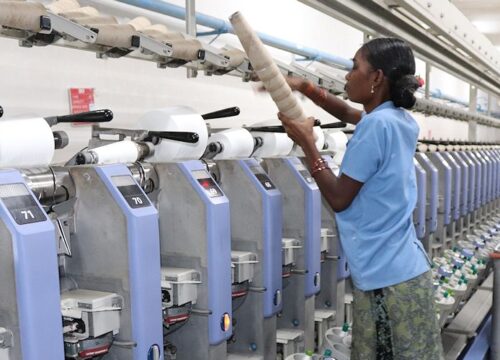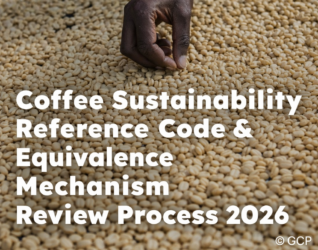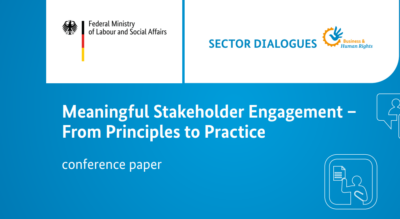Gender-based violence in the workplace is still part of everyday life for women producing clothes for the European market in Indian textile factories. This form of violence is one of the most widespread human rights violations worldwide and ranges from sexual harassment to violent assault and rape. Fashion companies that produce their clothing abroad are partly responsible for these abuses along their supply chain.
The Dindigul Agreement makes it a legal obligation for international companies to take responsibility for gender-based violence along their supply chains and aims to end gender-based violence in textile factories in the Dindigul region of India. The agreement was signed in 2022 by the Indian trade union Tamil Nadu Textile and Common Labor Union (TTCU), the supplier Eastman Exports, international companies and civil society organizations. It consists of two interlocking legally binding agreements: With the first agreement, the parties TTCU and Eastman Exports contractually commit to end gender-based violence and harassment at all Eastman facilities in the Dindigul region of India. These include factories, spinning mills, printing plants and dormitories. In the second agreement between TTCU, the Asia Floorwage Alliance (AFWA), the US NGO Global Labor Justice – International Labor Rights Forum (GLJ-ILRF) and the companies H&M, GAP and PVH, the companies commit to take measures to enforce the TTCU-Eastman agreement. In concrete terms, the agreement strengthens trade union rights in the region, introduces mechanisms for reporting harassment in the workplace and organizes training for workers and their supervisors on gender-based violence in the workplace.
With the publication of the second progress report in September 2024, TTCU, AFWA and GLJ-ILRF show that the agreement has already contributed to significant progress in combating gender-based violence in the workplace in the region: The report shows a significant decrease in incidents of gender-based violence and harassment in factories that have joined the agreement.
In view of these achievements, the agreement is seen by many stakeholders as a model for other regions and sectors. The two multi-stakeholder partnerships (MSIs) FEMNET e.V. and the Partnership for Sustainable Textiles also see considerable potential in the agreement. In the alliance initiative “Advancing Worker-Led Agreements on Gender Justice”, which was founded in October 2023, the MSIs are working together with their project partners TTCU, AFWA and GLJ-ILRF to expand the Dindigul Agreement to other companies and production sites. By February 2025, the initiative aims to persuade at least one other company in the Textiles Partnership to sign a similar agreement. To achieve this, the initiative is organizing webinars and bilateral talks, drafting a proto-agreement adapted to the European context and carrying out public relations work. The work of the Partnership Initiative is an example of how MSIs can use their cross-sectoral and diverse composition to pick up on international developments in their field and transfer them to other contexts.



